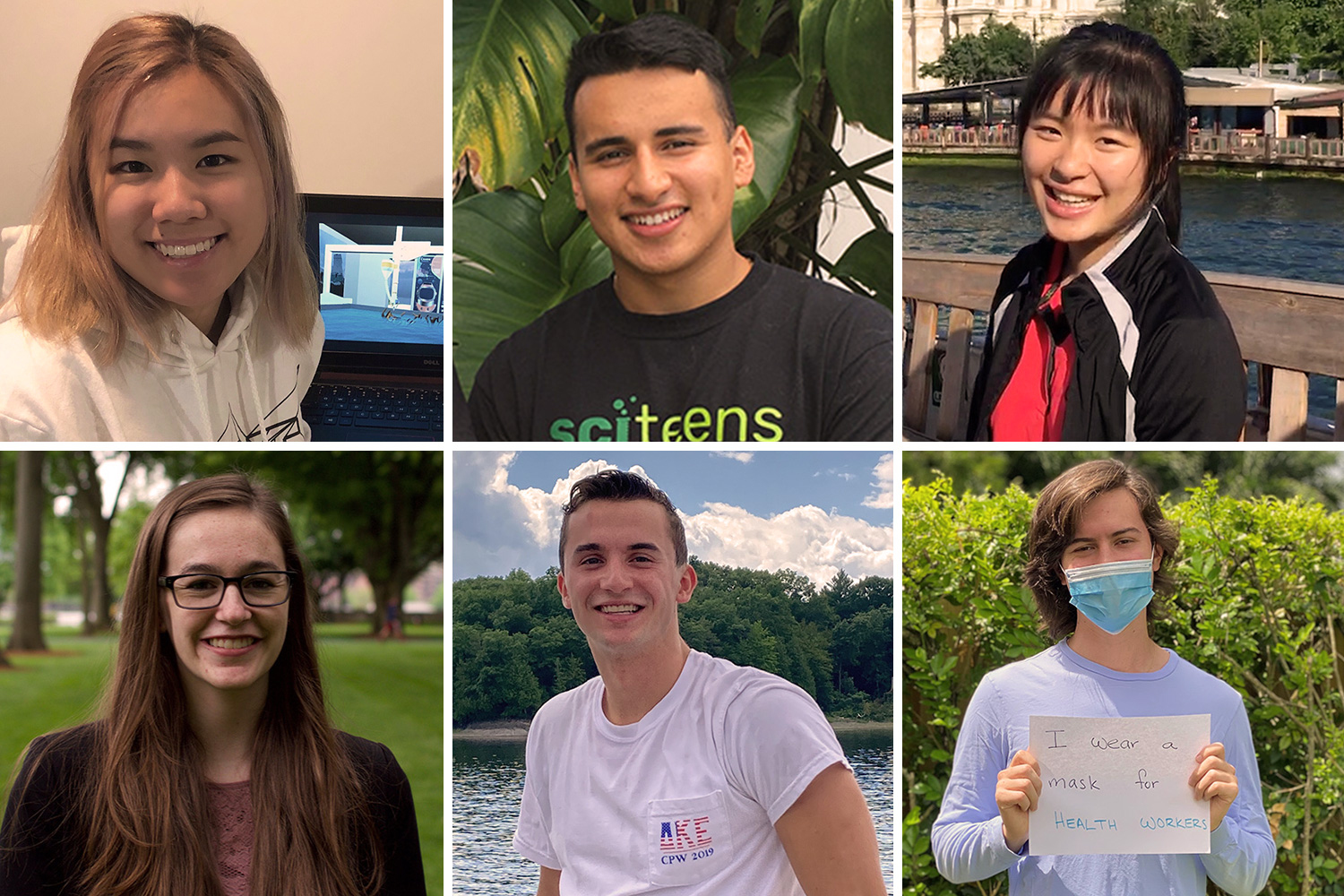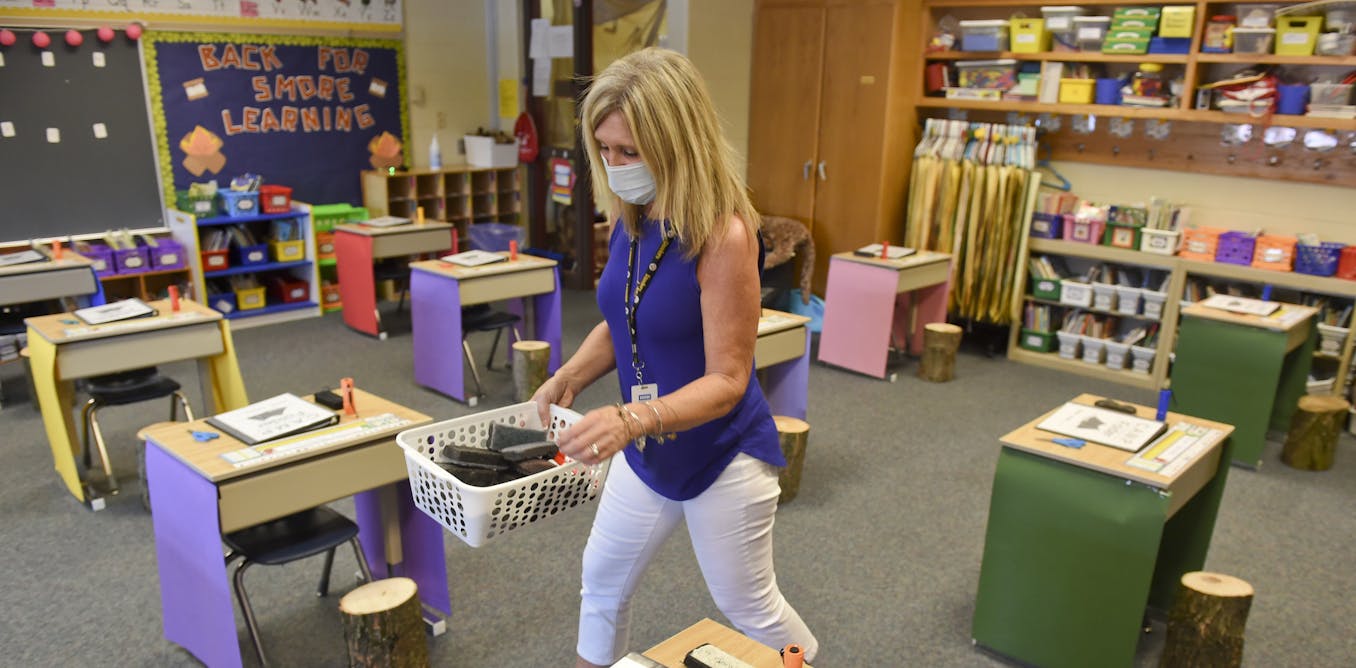Reopening elementary schools carries less COVID-19 risk than high schools – but that doesn't guarantee safety
New research points to why reopening elementary schools is the safest bet and what else needs to happen for schools to have the best chance of staying open.
Justin Remais, Associate Professor and Chair of Environmental Health Sciences, University of California, Berkeley •
conversation
Aug. 25, 2020 • ~9 min
Aug. 25, 2020 • ~9 min
How mutant zebrafish helped unlock the secret to their stripes – new research
We wanted to find out which biological phenomena are crucial for pattern formation and which are just incidental. These sorts of questions can be answered with mathematical modelling.
Christian Yates, Senior Lecturer in Mathematical Biology, University of Bath •
conversation
July 28, 2020 • ~7 min
July 28, 2020 • ~7 min
How effective does a COVID-19 coronavirus vaccine need to be to stop the pandemic? A new study has answers
A vaccine that's 70% effective might not be good enough if too few people are willing to be vaccinated, new research shows.
Bruce Y. Lee, Professor of Health Policy and Management, City University of New York •
conversation
July 15, 2020 • ~8 min
July 15, 2020 • ~8 min
How 'good' does a COVID-19 coronavirus vaccine need to be to stop the pandemic? A new study has answers
A vaccine that's 70% effective might not be good enough if too few people are willing to be vaccinated, new research shows.
Bruce Y. Lee, Professor of Health Policy and Management, City University of New York •
conversation
July 15, 2020 • ~8 min
July 15, 2020 • ~8 min
UK modelling study finds case isolation and contact tracing vital to COVID-19 epidemic control
In the absence of a vaccine or highly effective treatments for COVID-19, combining isolation and intensive contact tracing with physical distancing
Cambridge University News •
cambridge
June 16, 2020 • ~9 min
June 16, 2020 • ~9 min
/
33









